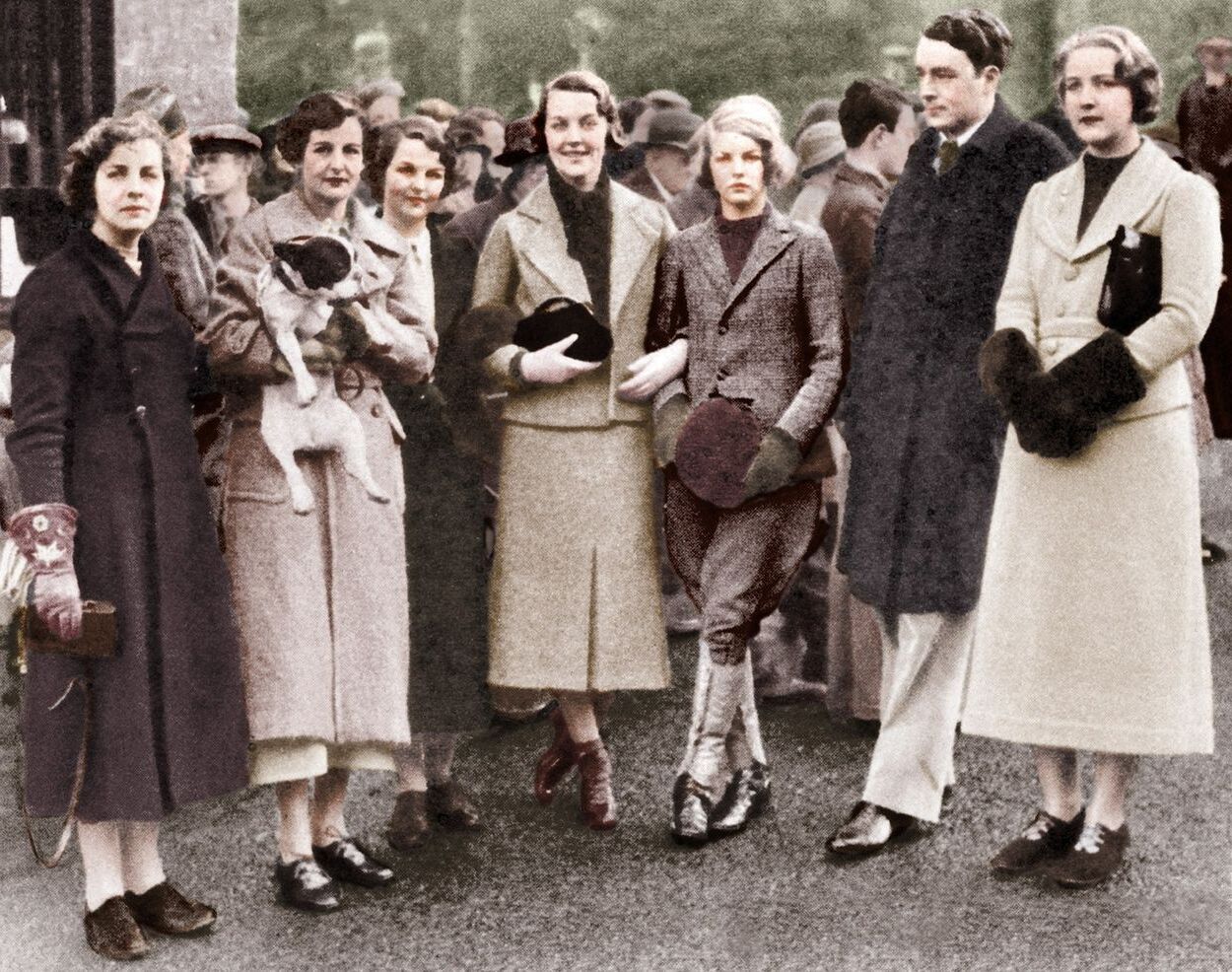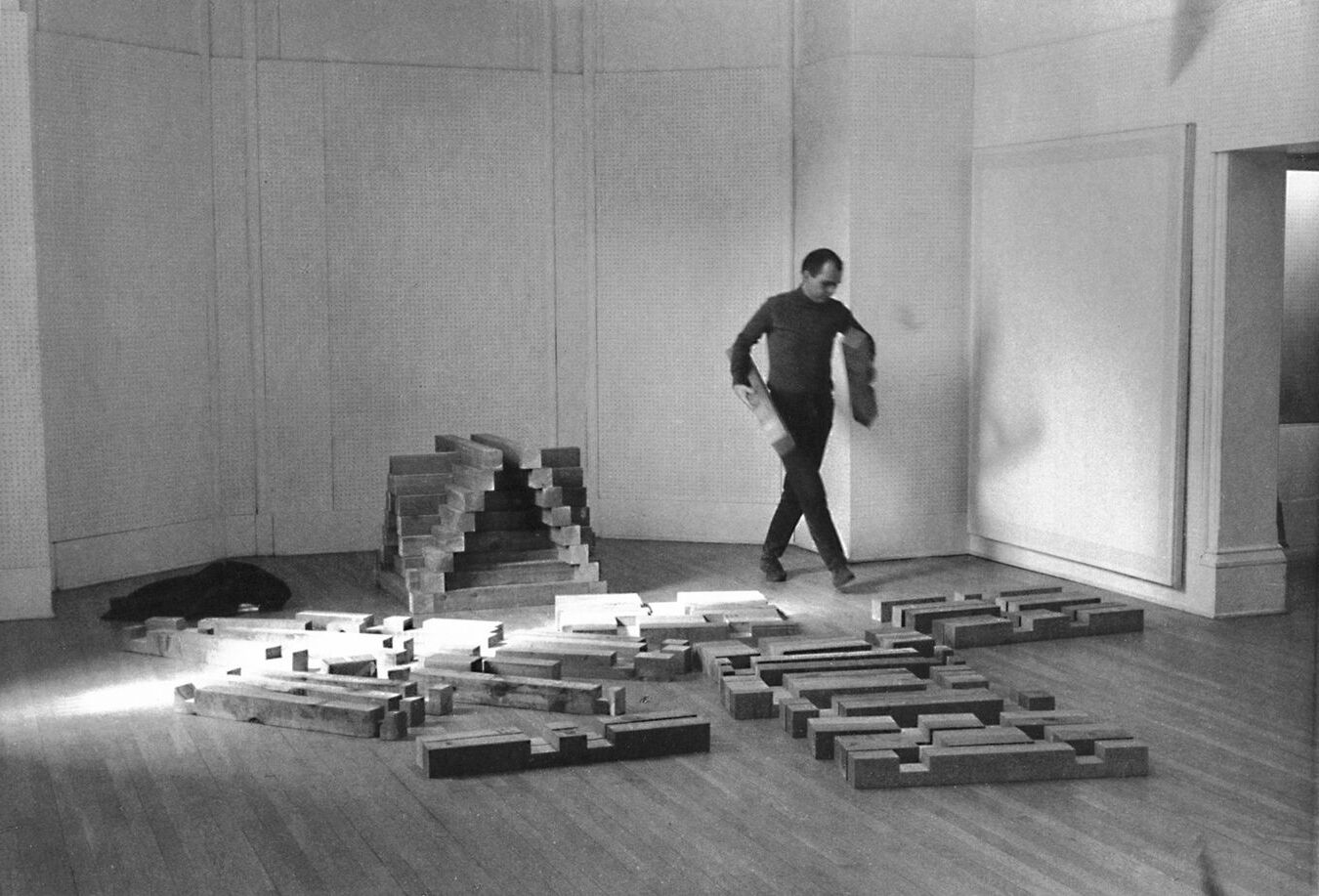
Unity Mitford, a name that sparks curiosity and intrigue, was a British socialite known for her controversial connections and dramatic life. Born into the famous Mitford family, Unity's life was anything but ordinary. She became infamous for her close relationship with Adolf Hitler, which shocked many and left a lasting mark on history. But who was Unity Mitford beyond her notorious friendships? What drove her to such extreme associations, and what were the consequences of her choices? In this post, we'll uncover 38 fascinating facts about Unity Mitford, shedding light on her complex personality, family ties, and the turbulent times she lived through. Get ready to dive into the life of a woman who remains one of history's most enigmatic figures.
Key Takeaways:
- Unity Mitford, a British socialite, had a controversial life with strong ties to the Nazi Party and Adolf Hitler, causing rifts within her family and leaving a lasting legacy.
- Despite her family's wealth and connections, Unity Mitford's fascination with fascism and her close relationship with Hitler led to a tragic end, sparking ongoing fascination and debate.
Who Was Unity Mitford?
Unity Mitford was a British socialite known for her controversial political affiliations and connections. Her life was filled with dramatic events and intriguing relationships. Here are some fascinating facts about her.
-
Unity Valkyrie Mitford was born on August 8, 1914, in London, England.
-
She was one of the six famous Mitford sisters, each known for their unique personalities and life choices.
-
Unity's middle name, Valkyrie, was inspired by the Norse mythological figures who chose those who would die in battle.
-
Her father, David Freeman-Mitford, was the 2nd Baron Redesdale, a British aristocrat.
-
Unity's mother, Sydney Bowles, was the daughter of Thomas Gibson Bowles, founder of the magazines Vanity Fair and The Lady.
Unity Mitford's Early Life
Unity's upbringing was anything but ordinary. Her family was wealthy, and she had access to the best education and social circles.
-
Unity spent her early years in the family home, Asthall Manor, in Oxfordshire.
-
She attended St. Margaret's School in Bushey, Hertfordshire, where she was known for her rebellious nature.
-
Unity was fluent in German, which later played a significant role in her life.
-
She had a close relationship with her sister, Jessica Mitford, despite their opposing political views.
-
Unity's family moved to Swinbrook House in the Cotswolds when she was a teenager.
Unity Mitford's Fascination with Fascism
Unity's political leanings were controversial and led her to make some drastic life choices.
-
Unity became fascinated with fascism during her teenage years.
-
She moved to Germany in 1934 to immerse herself in the Nazi movement.
-
Unity idolized Adolf Hitler and sought to meet him in person.
-
She joined the Nazi Party and became a prominent supporter of its ideologies.
-
Unity's friendship with Hitler was well-documented, and she often attended his rallies and events.
Unity Mitford's Relationship with Hitler
Unity's relationship with Hitler was one of the most controversial aspects of her life.
-
Unity first met Hitler in 1935 at a Munich restaurant.
-
Hitler was reportedly charmed by Unity's enthusiasm for his cause.
-
She became a regular guest at Hitler's gatherings and was considered part of his inner circle.
-
Unity received special privileges in Nazi Germany due to her close relationship with Hitler.
-
Her friendship with Hitler caused a rift within her family, particularly with her sister Jessica.
The Impact of World War II on Unity Mitford
World War II had a profound effect on Unity's life and her political affiliations.
-
Unity was in Munich when Britain declared war on Germany in 1939.
-
Devastated by the war, Unity attempted suicide by shooting herself in the head.
-
She survived the attempt but suffered severe brain damage.
-
Unity was repatriated to England in early 1940 for medical treatment.
-
Her health deteriorated, and she spent the rest of her life under medical care.
Unity Mitford's Later Years and Legacy
Despite her controversial life, Unity's story remains a subject of fascination and debate.
-
Unity lived with her mother in the Cotswolds after returning to England.
-
She never fully recovered from her injuries and required constant care.
-
Unity's political views remained unchanged despite her experiences during the war.
-
She passed away on May 28, 1948, at the age of 33.
-
Unity was buried in the family plot at Swinbrook Churchyard in Oxfordshire.
Unity Mitford in Popular Culture
Unity's life has inspired numerous books, documentaries, and fictional portrayals.
-
Jessica Mitford wrote about Unity in her memoir, "Hons and Rebels."
-
Unity's story was featured in the 2002 documentary "Hitler's British Girl."
-
She has been portrayed in various films and TV shows, often highlighting her controversial political affiliations.
-
Unity's life continues to be a topic of interest for historians and writers.
-
Her relationship with Hitler remains one of the most debated aspects of her life.
Unity Mitford's Family and Personal Relationships
Unity's family and personal relationships were complex and often strained due to her political views.
-
Unity's sister, Diana Mitford, also had fascist sympathies and married British fascist leader Oswald Mosley.
-
Her sister, Jessica Mitford, was a staunch communist and wrote extensively about her disagreements with Unity.
-
Despite their differences, Unity and Jessica maintained a complicated but affectionate relationship throughout their lives.
Unity Mitford's Legacy
Unity Mitford's life remains a subject of fascination. Her connections with Nazi Germany and Adolf Hitler have sparked endless debates. Born into the Mitford family, she was surrounded by privilege yet chose a controversial path. Her friendship with Hitler shocked many, making her a polarizing figure. Despite her attempted suicide and subsequent health decline, Unity's story didn't end quietly. She returned to England, living out her days in relative obscurity. Her life serves as a stark reminder of the complexities of human choices and the impact of political ideologies. Unity's legacy is a blend of historical intrigue and moral questioning. Whether viewed as a misguided idealist or a willing participant in evil, her story continues to captivate. Understanding Unity Mitford means grappling with uncomfortable truths about history, politics, and personal responsibility.
Frequently Asked Questions
Was this page helpful?
Our commitment to delivering trustworthy and engaging content is at the heart of what we do. Each fact on our site is contributed by real users like you, bringing a wealth of diverse insights and information. To ensure the highest standards of accuracy and reliability, our dedicated editors meticulously review each submission. This process guarantees that the facts we share are not only fascinating but also credible. Trust in our commitment to quality and authenticity as you explore and learn with us.


